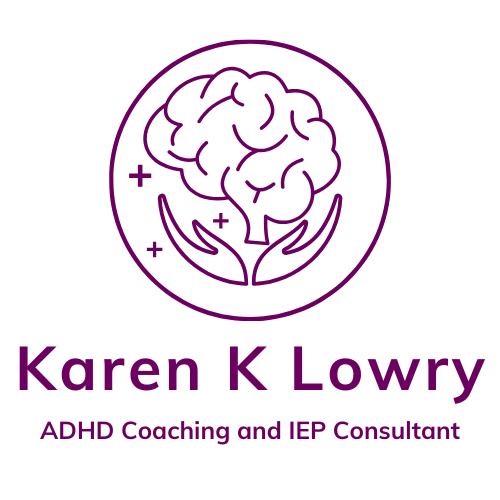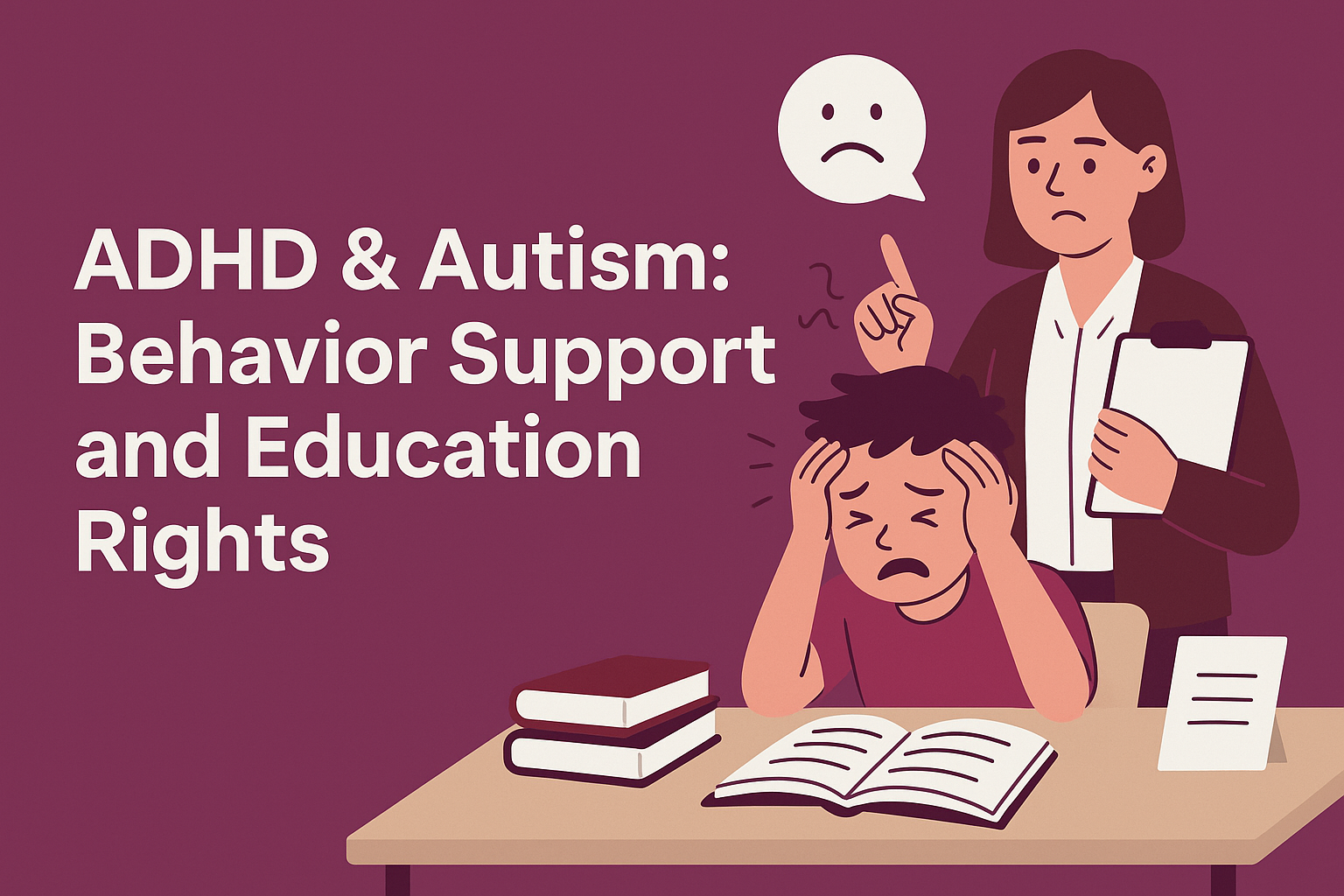In talking to a bright lawyer who has tried over the past two years to get academic support for her son, I realized why our kids with ADHD continue to not receive necessary help. Any time a lay person faces a professional, the assumption is that the professional knows more in that area and will be honest and divulge information that is pertinent to his profession. So when a parent seeks help for his child, he assumes that he is able to secure this if indeed the child needs it. If the parent is told various things that point to an unnecessary need for this help, the parent backs away. He may be frustrated, angry, and desperate, feeling incapable of accessing help for his child. The parent also feels that although the child is struggling, maybe the teacher/administrator is right: he needs to try harder. Here are a few statements that I have heard that represent misinformation and lead to the lack of support for our kids with ADHD.
Myth 1: 504s Are Only for Physical Disabilities
ANSWER: 504s are part of the Disability Act of 1973 and serve to level the playing field in areas of both physical and mental disabilities through appropriate accommodations, individualized to the child. What would be examples of accommodations: peer and teacher notes, partial assignments that show understanding of the material, time and a half for testing. Most important is the need for individualization. Cookie cutter accommodations are not effective! Remember, kids with ADHD are individuals and are NOT their diagnosis. Families may also benefit from consulting an IEP Advocate or exploring IEP Services when accommodations are needed.
Myth 2: A Significant Gap Between IQ and Achievement Is Needed
ANSWER: IDEA does not discuss this gap. But many times, school personnel will decide that based on a certain IQ value, a child with ADHD is only able to function at his current ability and therefore does not need support. Since this is untrue, it is so important to document your child’s struggles, gathering data like teacher comments, missed assignments, incompleted class work, behaviors that are disruptive, and failing grades.
Myth 3: Parent Signature Is Not Necessary for School Evaluations
ANSWER: A signature from a parent or guardian is needed for a complete psychoeducational evaluation that will test in all areas of the suspected disability. This ensures the evaluation fully addresses your child’s needs.
Myth 4: ADHD Automatically Qualifies a Child for an IEP
ANSWER: The eligibility of an IEP upon a diagnosis of ADHD depends on other factors that show a limitation of accessing an education. 50% of kids with ADHD do have a learning disability. Also, executive functioning deficits can certainly impact learning, making it important to monitor for IEP accommodations for ADHD.
Myth 5: The Child Study Team Only Meets Once a Year
ANSWER: A parent can call a meeting to discuss concerns regarding the IEP anytime. Staying proactive ensures that goals and supports are relevant and effective.
Parents Are Essential Team Members
Parents are considered part of the team since they do know their child best. Many times, they do not really feel this way. The IDEA (Individual Disability Education Act) protects parents and the rights of their children. Your voice matters as you advocate for your child. And that necessitates knowledge!
Take Action
It’s important to be able to deal with the IEP team in a positive way. Please reach out and schedule a free 20-minute consult with me! Yes, you know your child best, but in addition, it is so important to have the knowledge to effectively advocate and support your child. Using resources like IEP Training, consulting an IEP Consultant, or connecting with an ADHD Advocate can make the process smoother and more successful.





